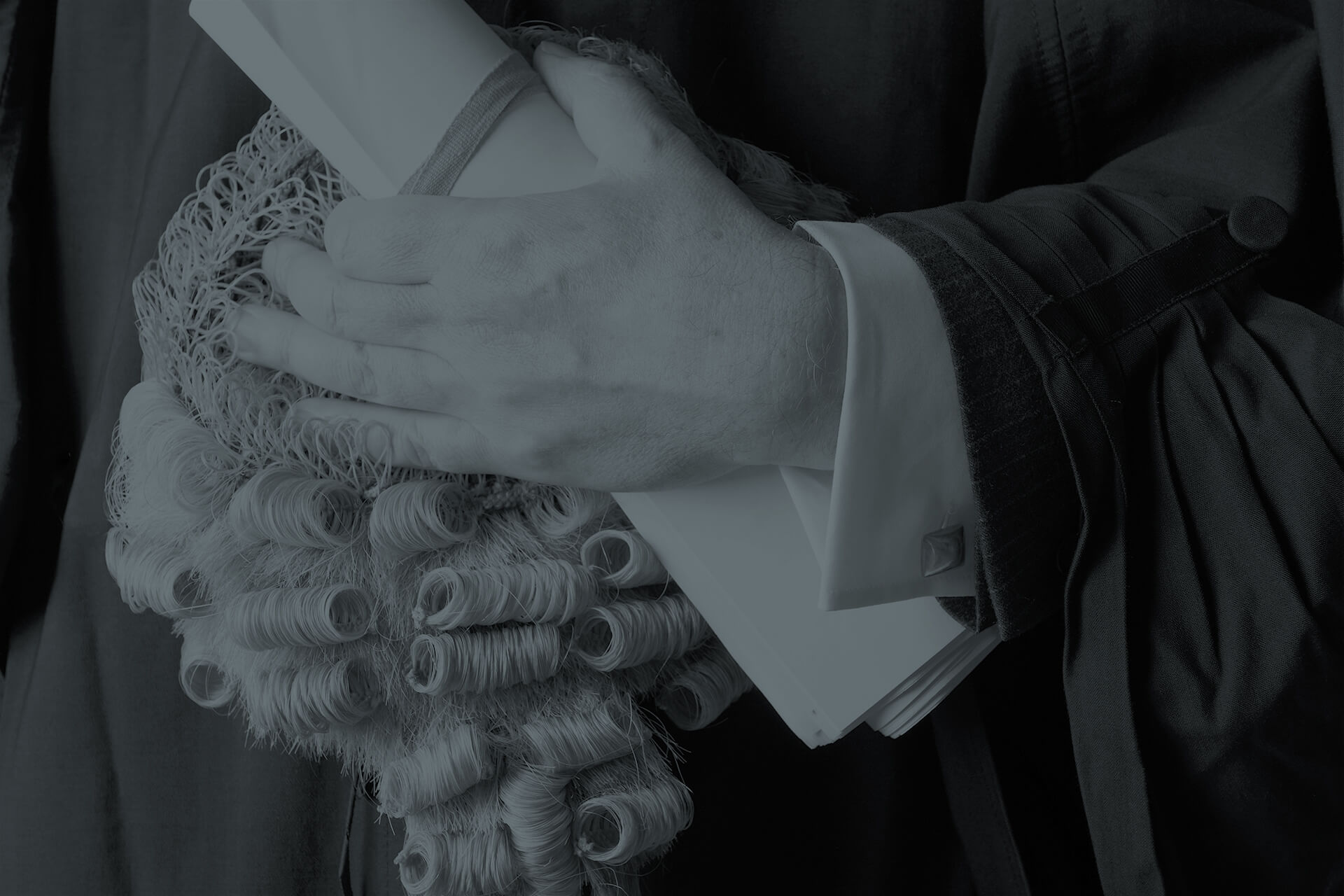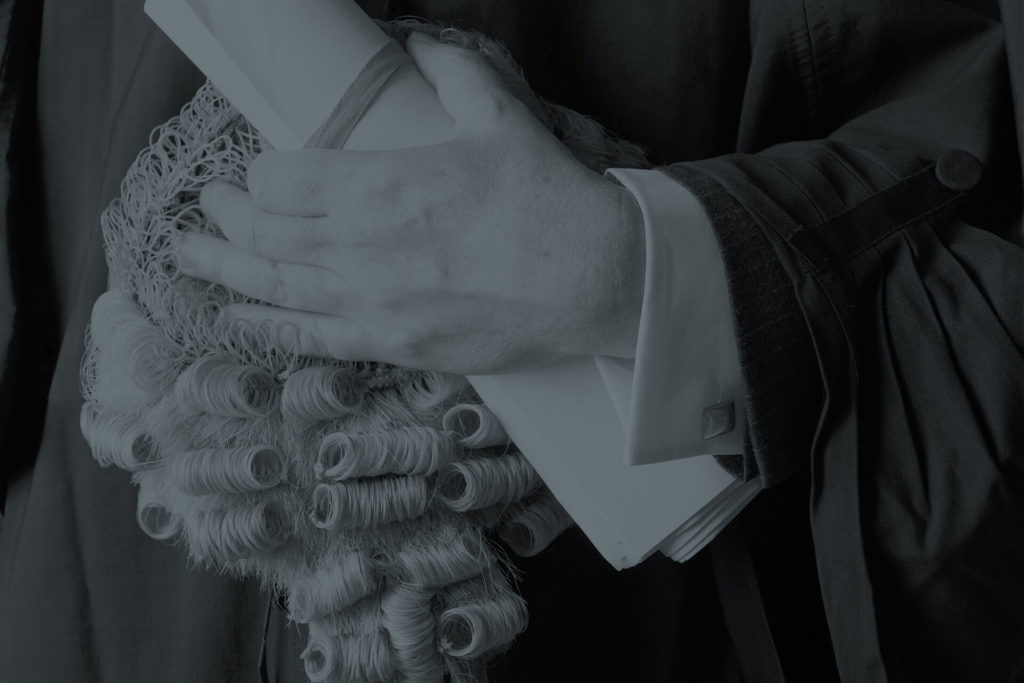Send your enquiry.
Contact us for a free, initial no obligation consultation.
"*" indicates required fields
Your information is safe and treated in accordance with our Privacy Policy
If you are tried in front of a jury, the Judge is merely there to act as a referee. He or she should not interfere with your case, such as cross-examining you at length. If this does happen, your trial could be considered unfair. This would pave the way for an appeal.
Criminal defence solicitors London
We specialise in criminal defence law and can help you with a criminal appeal. Contact us now at Ashmans Solicitors for free legal advice. We act for clients across England and Wales. We can take your call 24 hours a day, 7 days a week.
Has a judge overstepped the line?
If you are tried in the Crown Court, it is possible that you will be tried in front of a jury. This is a panel of ordinary men and women. In the end, they will decide whether or not you are guilty. The judge is not allowed to show any bias but rather is there to guide proceedings. He or she is often thought of as a referee between the prosecution and defence, ensuring that the rules of the court are followed.
Sometimes, however, a judge will overstep the line. If so, it could be argued that the judge influenced the jury’s decision, causing you to be found guilty. If this has happened in your case, then you could have grounds to pursue an appeal at the Court of Appeal. This could see that your conviction is quashed. The Court of Appeal may be persuaded to set aside a conviction where the judge:
- Invited the jury to disbelieve the evidence for the defence
- Made it impossible for counsel for the defence to do his or her duty
- Prevented the prisoner from doing himself justice and telling the story in his own way
That is not to say that every conviction will be set aside, should the judge interfere. Perfection does not have to be achieved all the time. But, as Lord Bingham stated: “there will come a point when the departure from good practice is so gross, or so persistent, or so irremediable that an appellate will have no choice but to condemn a trial as unfair and quash a conviction as unsafe, however strong the grounds for believing the defendant to be guilty.”
Convictions quashed by the Court of Appeal
There have been cases in the past where the Court of Appeal has set aside a conviction, on account of the judge’s interference.
In R v Hulusi and Purvis, a conviction for robbery was set aside because the accused “was cross-examined by the judge…at considerable length.” This also occurred in the case of R v Copsey, where the Court of Appeal quashed a conviction because the judge “took on the role of cross-examining in the way that is more suitable for a prosecuting counsel than for a judge.” And in R v Grove, the court held that the judge’s conduct “crossed to the wrong side of the lines”.
Criminal defence solicitors London
If a judge interferes with your case, making your conviction unfair, then we will help you to pursue an appeal. We are experts in criminal defence law and will work tirelessly on your behalf to secure a fair outcome.
Call us now on 0333 009 6275. We are available 24 hours a day, 7 days a week.
You can also email us on enquiries@ashmanssolicitors.com or complete our Free Online Enquiry Form and we will contact you.




